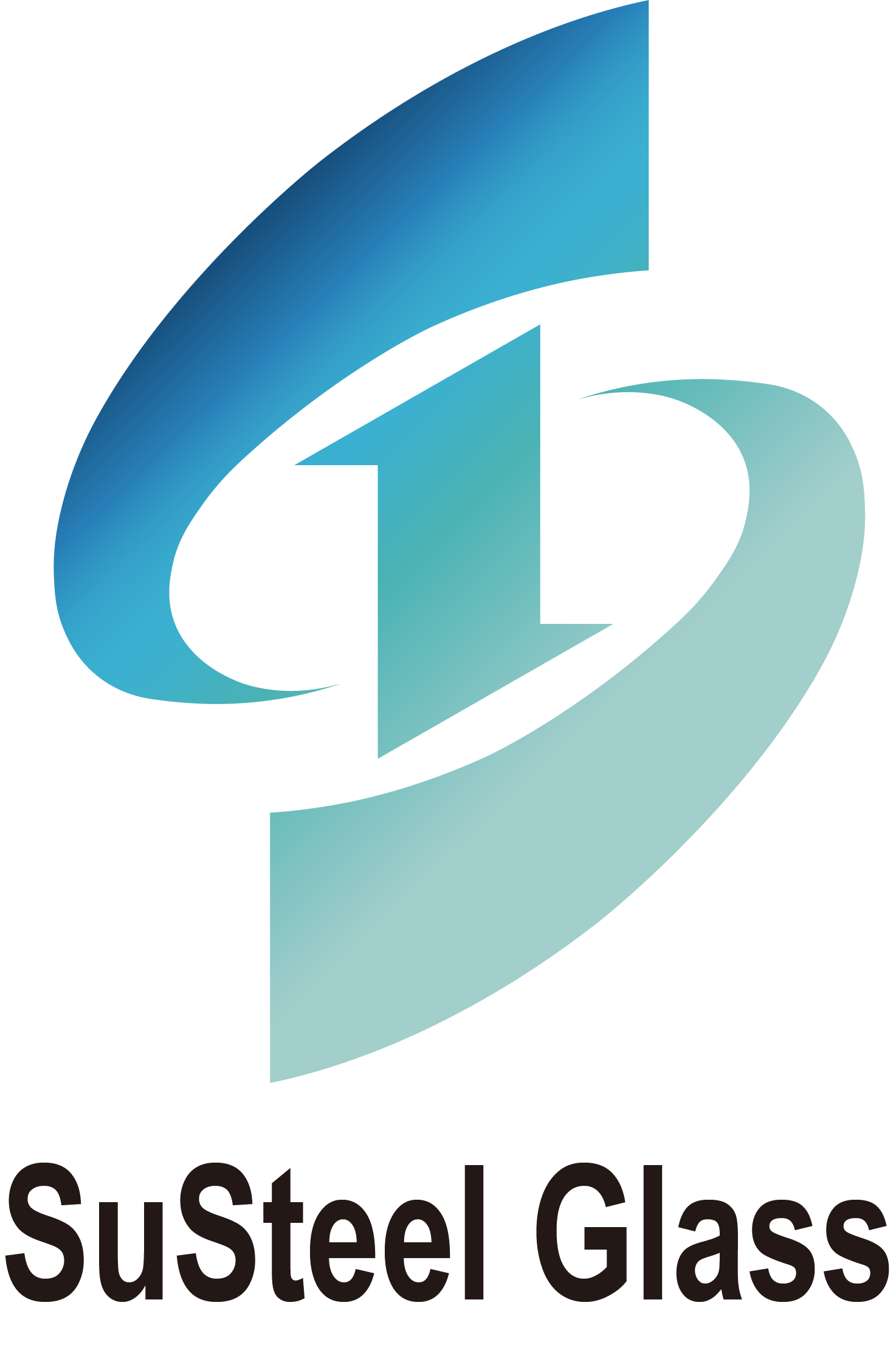Glass substrate, a fundamental component in various industries, serves as the foundation for a wide range of technological advancements and innovations. From electronics to architecture, the versatility and reliability of glass substrates make them indispensable in modern applications.
In the electronics industry,
glass substrates play a critical role in the production of flat-panel displays, such as liquid crystal displays (LCDs) and organic light-emitting diode (OLED) screens. The smooth and uniform surface of glass substrates provides an ideal platform for depositing thin-film transistors (TFTs) and other electronic components, ensuring optimal performance and image quality in electronic devices.
Moreover, glass substrates are utilized in the manufacturing of photovoltaic (PV) solar panels, where they serve as the base material for solar cells. The transparency and durability of glass make it an ideal substrate for encapsulating solar cells, protecting them from environmental factors while allowing sunlight to penetrate and generate electricity efficiently.
In the field of biotechnology and medical devices, glass substrates are used in the fabrication of microarrays, lab-on-a-chip devices, and diagnostic sensors. The inert and biocompatible nature of glass makes it suitable for interfacing with biological samples and reagents, facilitating precise and reliable analysis in medical diagnostics, genomics, and drug discovery.
Furthermore, glass substrates find applications in architectural and automotive industries, where they are used for windows, facades, and automotive glazing. The strength, transparency, and thermal stability of glass substrates contribute to the structural integrity, energy efficiency, and aesthetic appeal of buildings and vehicles, enhancing comfort and safety for occupants.
Advancements in glass manufacturing techniques, such as float glass and fusion draw processes, have led to the production of ultra-thin and flexible glass substrates, opening up new possibilities for applications in wearable devices, flexible electronics, and bendable displays. These innovative substrates offer enhanced durability and resilience while maintaining optical clarity and performance.
In conclusion, glass substrates represent a versatile and indispensable material in various industries, driving technological progress and innovation across diverse applications. As advancements in glass technology continue to expand the capabilities and possibilities of glass substrates, their role in shaping the future of electronics, energy, healthcare, and architecture is poised to become even more significant.
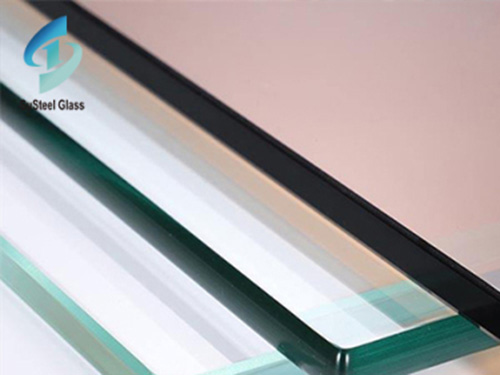


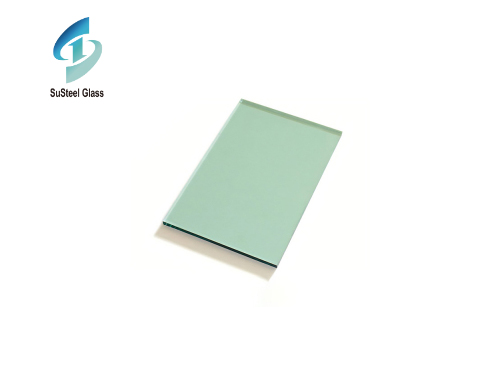 Exploring the World of Green Tinted Glass Products: Versatility and Sustainability
Exploring the World of Green Tinted Glass Products: Versatility and Sustainability
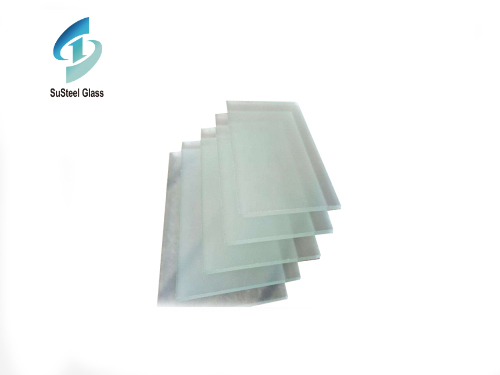 Exploring the Versatility and Elegance of Custom Thick Glass
Exploring the Versatility and Elegance of Custom Thick Glass
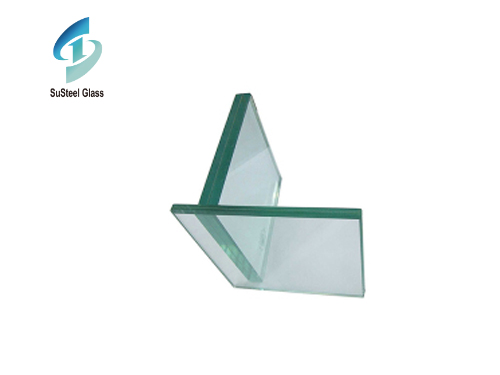 Unveiling the Strength and Versatility of Laminated Glass: Exploring Material Properties
Unveiling the Strength and Versatility of Laminated Glass: Exploring Material Properties
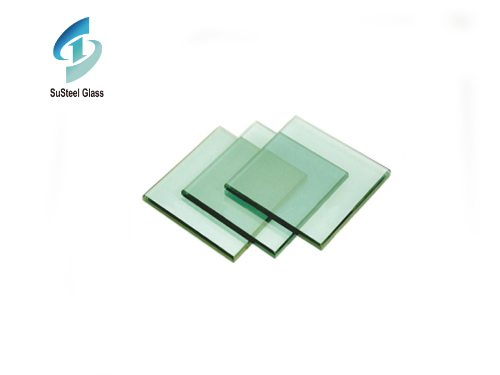 Enhancing Safety with Blast Resistant Glass: Innovations, Applications, and Protective Solutions
Enhancing Safety with Blast Resistant Glass: Innovations, Applications, and Protective Solutions

